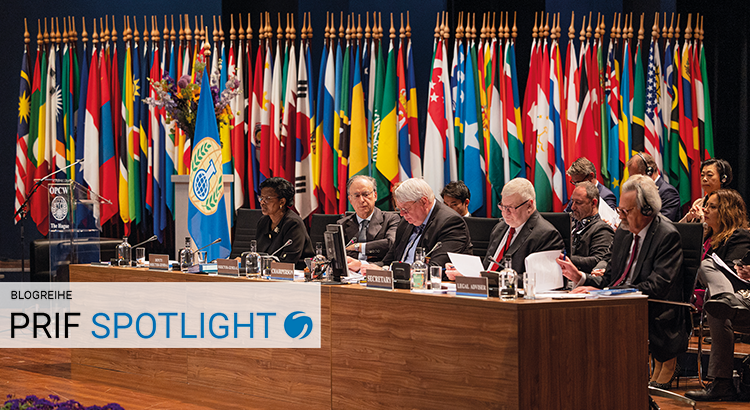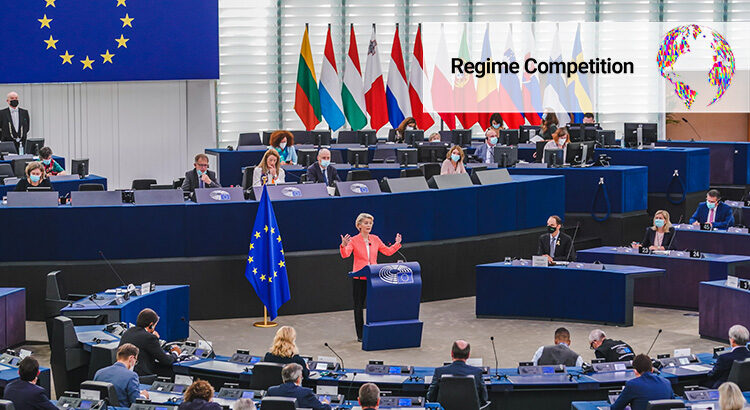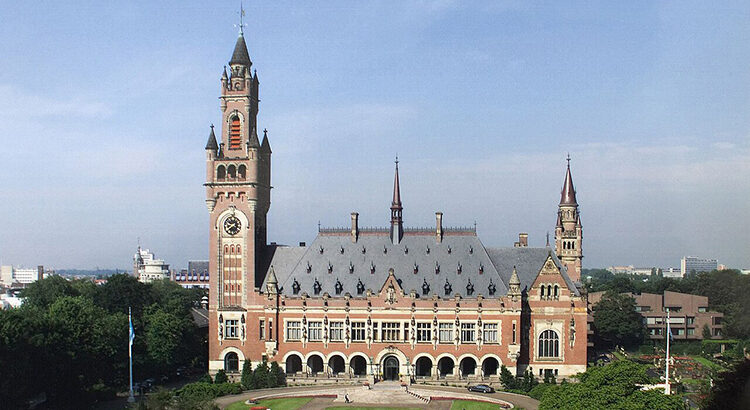In May 2023, 193 state parties to the Chemical Weapons Convention (CWC) convened for a five-day Fifth Review Conference in The Hague – a special session held once every five years that is crucial for advancing the Convention’s objectives. Despite the urgency of addressing substantive matters such as cases of chemical weapons use, for the second time in a row state parties failed to reach a consensus on the final document. Some argued that a longer conference duration might have altered this outcome. However, this Spotlight explains why, despite the high opportunity cost and regardless of the conference’s duration, a no-consensus outcome was inevitable due to current geopolitical tensions and an ongoing obstructionist policy targeting the CWC from within.
Monat: August 2023
Das Raketenabwehrsystem Arrow 3: Eine fragliche Beschaffung
Die Bundesregierung beschafft für rund vier Milliarden Euro das israelisch-amerikanische Raketenabwehrsystem Arrow 3. Im politischen Berlin stößt der Kauf auf breite Zustimmung, doch international sorgt er für Stirnrunzeln. Anders als das bereits vorhandene Patriot- und das kürzlich bestellte Iris-T-Luftverteidigungssystem der Bundeswehr eignet sich Arrow 3 nämlich gar nicht dazu, russische Raketen oder Marschflugkörper abzufangen. Auch andere Erklärungsansätze für die Beschaffung sind wenig überzeugend. Somit bleibt die Bundesregierung der deutschen Öffentlichkeit eine Antwort schuldig, gegen welche Bedrohungen sie das System in Zukunft einsetzen möchte.
Debating Foreign Interference in a Multipolar World: Is the EU Becoming Illiberal?
The ways in which foreign interference by China, Russia and others are currently discussed in Brussels indicate that the EU is considering moving away from liberal principles in the area of international civil society support and the foreign funding of NGOs in particular. Based on a co-authored comment in the Heidelberg Journal of International Law, this blog post argues that it is helpful to read the current EU debate on foreign interference in the light of the ongoing, conflict-ridden transformation of the global order.
Chemical Attacks under the Convention against Torture: A New Possible Avenue?
On the 8th of June 2023, Canada and the Netherlands initiated proceedings at the International Court of Justice (ICJ) against Syria for violating the Convention against Torture (CAT) by inter alia using chemical weapons against the civilian population. This would be the first time ever that the ICJ had the opportunity to deal with chemical weapons in contentious proceedings. This blog post will briefly summarize the most pertinent legal questions and political implications that arise in the context of the ICJ proceedings. It will be demonstrated that the prohibition of chemical weapons is not based on a single legal framework. Rather, we need to look at the chemical weapons taboo comprehensively and from a perspective of multi-normativity.




